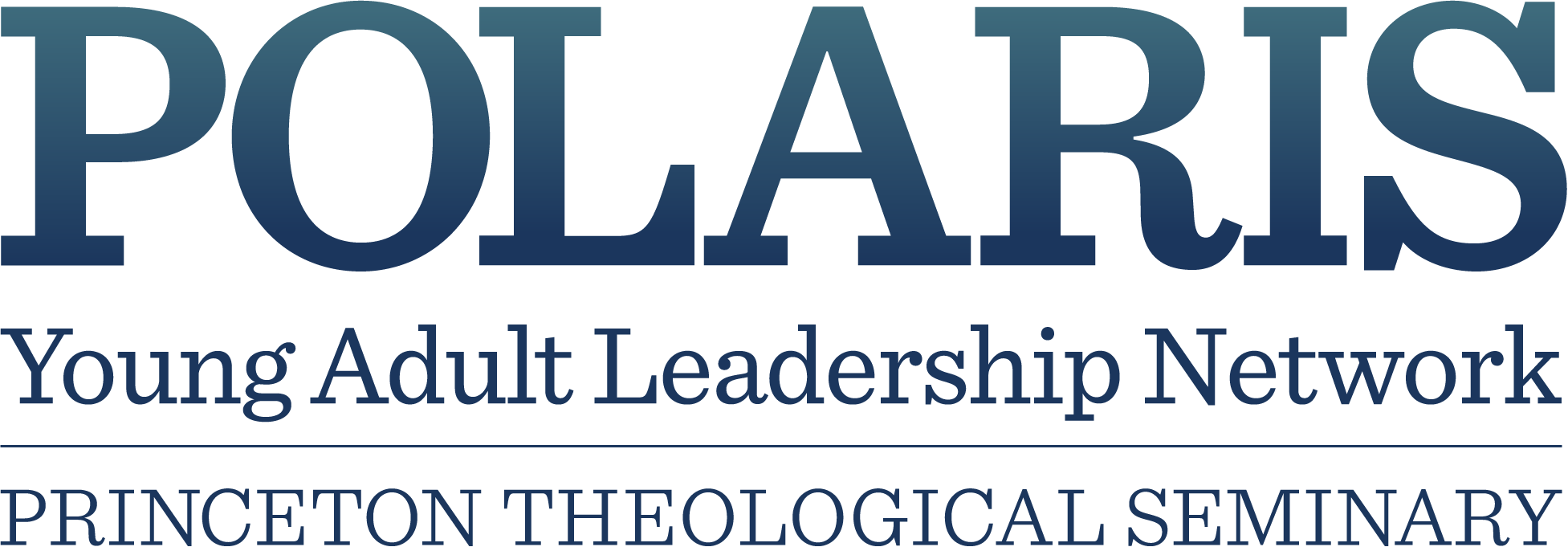By Kesean Joseph
June 19, 2024
Listen to this post.
The philosopher Jacques Derrida once said, “There is nothing outside [con]text.” In other words, everything in this world has a background, is in a context, or is an expression of a bigger picture.
The amazing truth about God, although he is completely holy and objective, is that God is not afraid of contextualization. In other words, God is not afraid of personalized experiences.
Jesus Christ is God in human context.
God is deeply interested in encountering us where we are and in ways that we can understand him. God chose not to speak the Gospel from the throne in Heaven but instead to descend—condescend even—and embrace human flesh to transform our human experience (Romans 8:2–4). God is not stuck in an ivory tower on a throne, but on Pentecost, he descended into our hearts and by our sides permanently in the presence of the Holy Spirit (John 16:7).
God chose not to speak the Gospel from the throne in Heaven but instead to descend—condescend even—and embrace human flesh
I am a fourth generation Pentecostal, born and raised in the Church of God in Christ. Pentecost Sunday was always a big deal for me growing up in New York City. It was a time in which we celebrated the descent of the Holy Spirit with all its accompanying gifts on the church. You could hardly read two verses in Acts 2 without someone finishing the sentences or people shouting with joy.
One of the greatest verses in that text is: “And when this sound occurred, the crowd came together, and were bewildered because each one of them was hearing them speak in his own language” (Acts 2:6). What amazes me about this story is that, by this point and time in history, everybody in the world spoke Greek. It was the language of trade, travel, and conversation. Everyone was expected to fit into the mold of Greek culture.
It would seem that God could have easily anointed the 120 people with boldness to preach in Greek, but God instead chose to give them the native tongues of others.
God instead chose to give them the native tongues of others.
Each person heard the voice of God in their own original context.
This shows us that God is not interested in making everyone conform to a majority culture. The beauty of Pentecost is God showing his ability to embrace diversity while also accomplishing oneness in the body of Christ. No one was isolated by their culture nor given another message, but instead, they were all welcome to the “baptism in the name of Jesus Christ for the remission of sins” (Acts 2:38).
May we no longer shed our cultural experiences at the church doors.
May we no longer forsake or reject our linguistic differences.
Instead, may we welcome the Holy Spirit into our experience as he baptizes and conforms us into one body with our siblings.
I believe this was seen practically in the Pentecostal revival at Azusa Street in Los Angeles, California. I theorize that Pentecostalism was God’s gift to the Black and Brown community to provide them with context for their theology.
The God of the white majority culture seemed nothing like the God of the Bible that they had heard of. Prior to the Azuza Street Revival, their view of God may have been severely impacted by their enslavement, false teachings concerning race, and mistreatment. Through the Holy Spirit, God affirmed that Africans are also made in the image of God. And that their “Africanisms”—dancing, singing, preaching, and worshipping—were welcomed by the Holy Spirit.
What is your “native tongue”? What is it in your context that you don’t feel fits the majority culture?
I challenge you to offer it up to the Holy Spirit this year.
___________________________________________________________________
 Dr. Kesean Joseph, Ed.D.
Dr. Kesean Joseph, Ed.D.
Kesean (Kay-shawn) Joseph is a preacher, teacher, pastor, author and educator. He has a bachelor’s in public relations from SUNY Plattsburgh and a master’s in leadership from Pentecostal Theological Seminary. He completed his doctoral work “Say Amen, Class: Exploring Interpolations of the Black Church in Black Education” at Dominion Seminary in Brooklyn. His research was inspired by his work as a middle school teacher in New York City. His book God of Our Fathers was archived at the Schomburg Center for Research in Black Culture and Flower Pentecostal Heritage Center for its historical relevance. Kesean serves as an overseer in Church of God in Christ, International. He and his lovely wife Nicole are pastors at Faith Church of New Milford, Connecticut.

